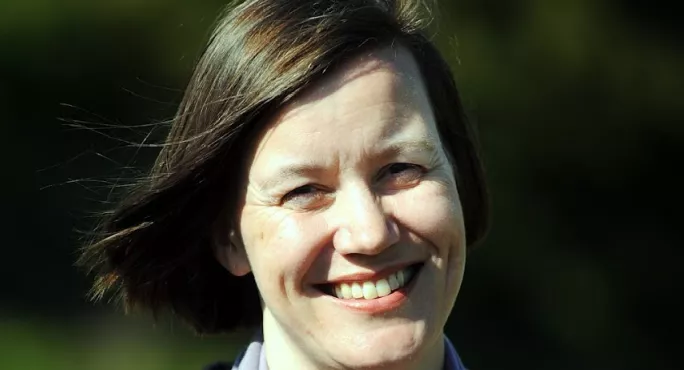Parliament’s spending watchdog has launched an inquiry into academy conversion after a report warned the programme was running into increasing financial challenges.
The Public Accounts Committee has said MPs will ask the Department for Education whether academy conversions are delivering improved results and value for money for the taxpayer.
Earlier this year, the National Audit Office (NAO) revealed that converting schools into academies had cost £745 million since 2010-11.
It warned that two-thirds of school rated as inadequate had taken longer than the government’s nine-month target to be converted into an academy. And the NAO report found that there was a shortage of sponsors and multi-academy trusts with the capacity to support new academies.
There are 242 sponsored academies based more than 50 miles away from their sponsor, despite the government wanting academy trusts to be close to the schools they support.
The NAO report found that there was regional variation on the availability of sponsors for academies. Now, the Public Accounts Committee, chaired by Meg Hiller MP, has announced it is to hold an inquiry into academy conversions next month.
A statement from the committee said: “The committee will ask representatives from the Department for Education whether conversions to academy schools deliver the right results for students and taxpayers, how they are addressing regional differences, and what they will do to ensure more conversion is better rolled out to underperforming schools.”
The inquiry takes place on Wednesday 2 May. The deadline to submit evidence to the inquiry is midday 24 April.
As of January 2018, 35 per cent of English state-funded schools were academies.
Since 2010, all schools have been allowed to apply for academy status. High-performing schools can choose to become academies, while the government now has a legal duty to convert those schools that are rated inadequate by Ofsted into academies.
The NAO report, in February of this year, also warned that the high number of secondary academies, combined with the low number of primary academies in many areas, makes it “more difficult for [local authorities] to take an integrated whole-system approach to their children’s education.”
A DfE spokesman said: “As the National Audit Office has acknowledged, we have improved the process for converting schools to academies and increased the standards of governance we expect from multi-academy trusts.
“Thanks to our reforms, academic standards are rising, with 1.9 million more pupils in good or outstanding schools compared to 2010 - 480,000 of those pupils study in a sponsored academy that was typically previously underperforming.
“To ensure this continues, we have introduced regular monitoring and reporting of the conversion process, and we are investing more than £30m in academy trusts in areas facing the greatest challenges across England to boost their ability to improve other schools.”




